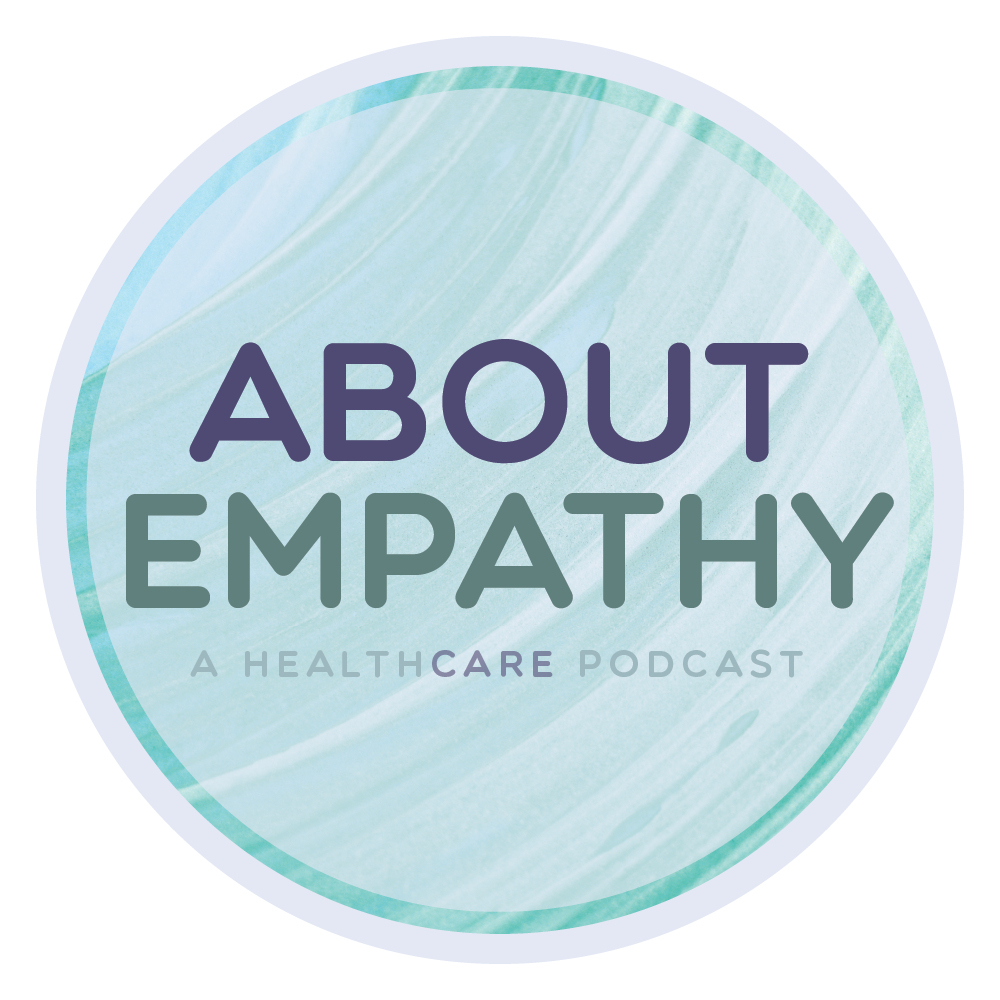Susan shares her experience of taking care of her Dad as his cancer progressed. She learned the strong will he had. He was a person who didn’t complain, and appreciated the little things in his final days. In hindsight, Susan shares what was helpful for her as a caregiver.
Irene, Dori and Giovanna, have a conversation about paying attention to non-verbal cues of a patient and the difficulty when a person doesn’t open up. The doctors talk about their own experiences with caregiving for long-term illness and how that shapes their healthcare practice.


